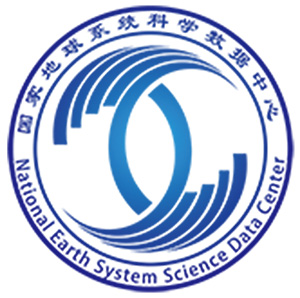
WDS Member Highlight: World Data Center for Geophysics, Beijing
WDC for Geophysics, Beijing, supported by the Institute of Geology and Geophysics, Chinese Academy of Sciences (IGGCAS), collects and provides scientific data on geophysics and space environment. It operates two observation systems: Space Environment Exploration System, which monitors various parameters of the earth’s space environment with four stations in China and two in the polar regions; and Seismic Array Observation System, which monitors seismic activity with a network of stations. It also participates in the Solar-Terrestrial Environment Research Network (STERN), which observes the ionosphere, upper atmosphere and the earth’s magnetic field with nine stations of CAS. It hosts more than 110 Gigabytes of parameters data and the mirror sites of the Madrigal Database and DIDBase, which contain more than 9 Terabytes of data. These data are open to the public through its website. WDC for Geophysics, Beijing is a regular member of the World Data System and promotes data sharing and scientific knowledge on geophysics and space environment.
For more info on the World Data Center for Geophysics, Beijing, see their website here.

